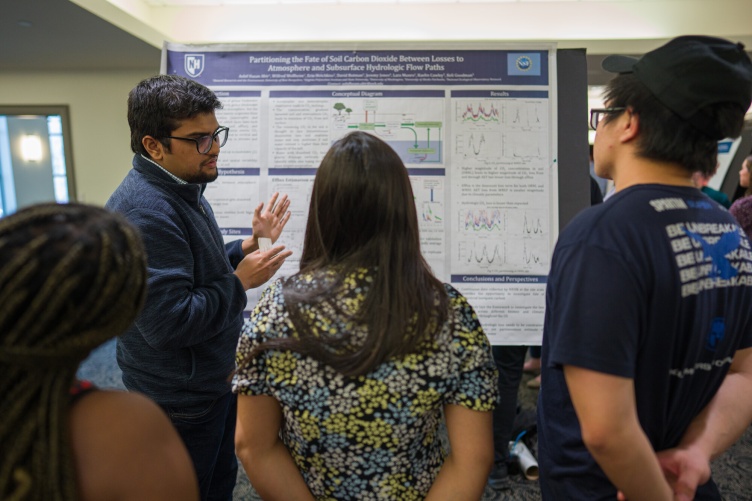Introduction:
The Impact of the U.S. Obesity Epidemic on Hispanic Communities: A UNH Research Initiative
The United States grapples with a persistent obesity epidemic, which carries far-reaching consequences for both individual health and socio-economic well-being. Among the most vulnerable are Hispanic communities, comprising nearly 19% of the U.S. population and representing the second-largest ethnic group in New Hampshire. A staggering 42% of this population in the state struggles with obesity, with 77% facing overweight issues, often accompanied by chronic conditions such as type 2 diabetes. Researchers at the New Hampshire Agricultural Experiment Station are embarking on a groundbreaking study aimed at quantifying health outcomes within New Hampshire’s Hispanic communities by examining the complex interplay of factors like food access, fiber intake, and gut microbiota. Additionally, this research promises to provide valuable insights for local farmers regarding potential market opportunities.
Exploring the Health Dynamics of New Hampshire’s Hispanic Communities
Scientist Maria Carlota Dao, an assistant professor in the agriculture, nutrition, and food systems department at the UNH College of Life Sciences and Agriculture, emphasizes the importance of fiber intake in her research. Fiber, a cornerstone of a healthy diet, undergoes fermentation by gut microbiota, leading to the production of metabolites—small molecules crucial to human metabolism and appetite regulation.
Must Read About CGM benefits for noncritical care patients
Tip: Please fill out this form to determine whether or not you or a friend are eligible for a CGM and, Also learn about Diabetes Technology
The Study’s Focus
This comprehensive study, bolstered by the deep community connections established by UNH Cooperative Extension specialists, targets Hispanic adults aged 18-55 living in households eligible for the Supplemental Nutrition Assistance Program (SNAP).
This federal initiative provides food benefits to low-income households. The research team will assess factors such as food insecurity, dietary habits, and gut microbiota measures, employing validated methodologies tailored to Hispanic populations. Blood samples will also be collected to evaluate how hormones linked to glucose regulation, hunger, and satiety respond to meal consumption.
Read Guide about Wegovy Dosage Guide: The Best Way For Weight Loss
A Groundbreaking Quest for Insights
“This study will offer unprecedented insights into the intricate relationship between diet, the gut microbiome, and human health among Hispanic/Latino adults,” notes Dao. “Moreover, it will pinpoint opportunities for our food systems and nutrition assistance programs to better cater to the state’s Hispanic/Latino communities.”
The research’s ultimate goal is to develop effective, accessible lifestyle interventions for weight management. Additionally, it aims to inform local food producers about the high-fiber foods in demand, enabling Granite State farmers to tap into expanding markets while serving the growing Hispanic population.
Must Read About: Early Menopause by Ethnicity
A Collaborative Endeavor
The research receives support from UNH Cooperative Extension members, including Amy Hollar, associate state specialist; field specialist Rebecca Betts; SNAP-Ed program manager Zeanny Egea Alvarado; and SNAP-Ed teachers Awilda Muniz and Grace Tavares. As evidence-based interventions emerge from this research, Hollar’s team will partner with the state’s Hispanic communities to deliver programs and resources.
Hollar emphasizes,
“Ultimately, we’ll assess the effectiveness of tailored nutrition by evaluating behavior changes within the populations we work with. These interventions can also be shared with other states for inclusion in their SNAP-Ed programs, highlighting the success of culturally tailored nutrition.”


